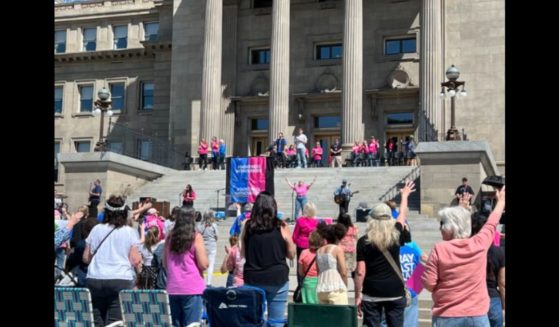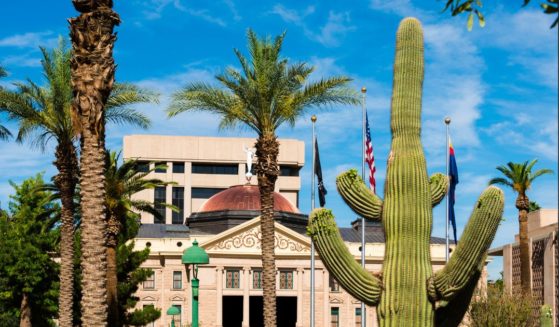Trump administration seeks to halt ruling over asylum policy
SAN DIEGO (AP) — A federal appeals court put a judge’s order on hold Friday shortly before it would have stopped the Trump administration from forcing asylum seekers to wait in Mexico while their cases move through U.S. courts.
The 9th U.S. Circuit Court of Appeals temporarily blocked the lower court ruling from taking effect. The three-judge panel set a Tuesday deadline for civil liberties groups to submit arguments on why the asylum policy should be on hold and a Wednesday deadline for the government to argue why it should remain in place.
Judge Richard Seeborg in San Francisco ruled Monday to halt the unprecedented change to the U.S. asylum system while the groups’ lawsuit moves forward. He said the policy violates U.S. law by failing to evaluate dangers migrants face in Mexico.
The government called the ruling erroneous and said it endangers the public during a humanitarian crisis at the southern border. It wants the 9th Circuit to keep the policy in place while the lawsuit is litigated, which is expected to take months and possibly years.
Immigration attorneys argued that the policy was putting the lives of asylum seekers at risk by forcing them to wait in violence-plagued Mexico and said Seeborg’s ruling was already having an effect.
Since the judge issued his order, immigration officials stopped returning asylum seekers south of the border after they attended their hearings in the United States, lawyers said.
“I haven’t heard of anyone who’s been sent back since the judge’s order on Monday,” American Civil Liberties Union attorney Judy Rabinovitz said.
She added later that she was hopeful Seeborg’s ruling will go into effect in the end.
The order marked another defeat to President Donald Trump’s intent to radically alter U.S. immigration policies. Families seeking asylum typically have been released in the U.S. with notices to appear in court.
The new policy started in January at the nation’s busiest border crossing in San Diego and the government was starting to expand it.
At a Wednesday hearing in El Paso, Texas, Nicolas Palazzo, an attorney for Las Americas Immigrant Advocacy Center, told a judge that his Salvadoran client feared returning to Mexico. The man was allowed to remain in the United States, signaling a change in the practice.
The Mexican government says more than 1,300 people were returned to Mexico under the program.
A lawsuit by 11 Central Americans and legal advocacy groups argues that the policy puts the lives of asylum seekers at risk by forcing them to stay in Mexico, where crime and drug violence are prevalent.
The Trump administration says the policy responds to a crisis at the southern border that has overwhelmed the ability of immigration officials to detain migrants. Growing numbers of families are fleeing poverty and gang violence in Guatemala, Honduras and El Salvador.
___
Melley reported from Los Angeles. Associated Press writer Elliot Spagat in El Paso contributed to this report.
The Western Journal has not reviewed this Associated Press story prior to publication. Therefore, it may contain editorial bias or may in some other way not meet our normal editorial standards. It is provided to our readers as a service from The Western Journal.
Truth and Accuracy
We are committed to truth and accuracy in all of our journalism. Read our editorial standards.












